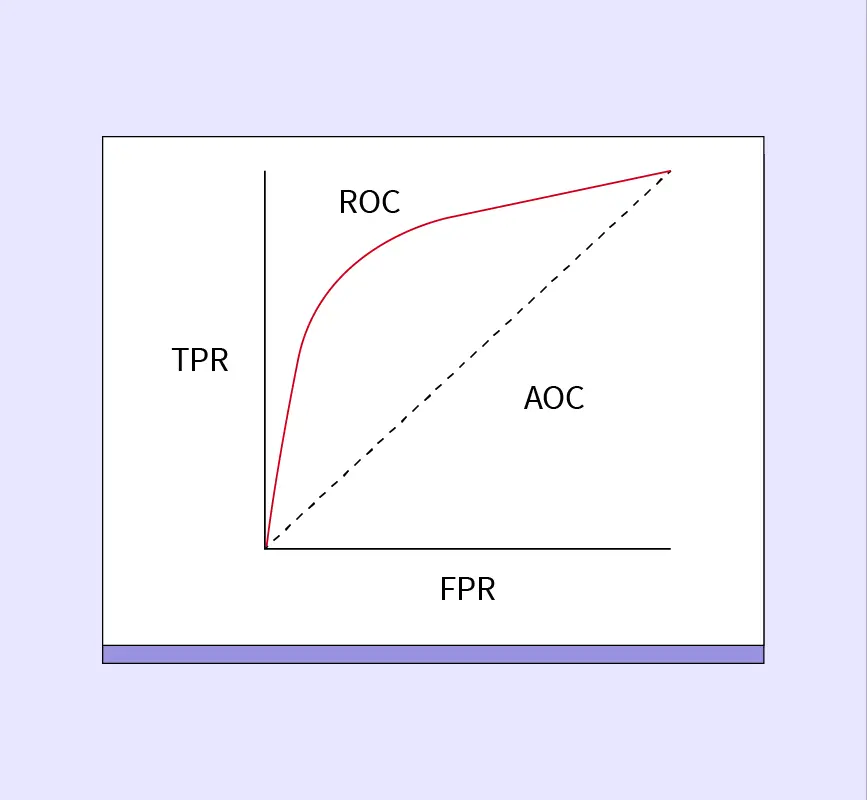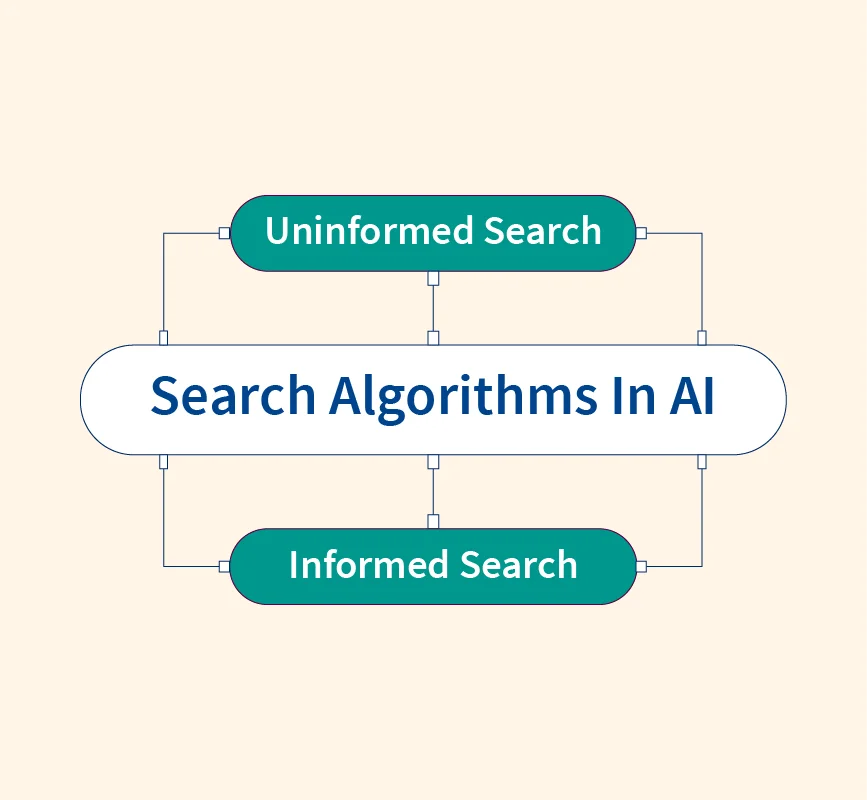For anyone stepping into the dynamic world of machine learning, foundational knowledge is crucial. While online courses and tutorials provide quick overviews, books offer in-depth insights, making them an indispensable resource for beginners. A well-chosen book can simplify complex topics, build a strong theoretical foundation, and guide readers through practical applications.
This article presents a curated list of beginner-friendly machine learning books, tailored to demystify the subject. These selections cover a range of learning preferences, from theoretical exploration to hands-on coding exercises. Whether you’re an aspiring data scientist, a developer looking to enhance your skills, or simply curious about machine learning, these books will serve as your gateway to mastering this transformative technology.
10 Machine Learning Books for Beginners
1. Machine Learning For Absolute Beginners by Oliver Theobald
This beginner-friendly book is a great starting point for those completely new to machine learning. Written in a simple, jargon-free style, it focuses on explaining concepts without assuming prior coding or technical expertise. The book covers foundational topics like supervised and unsupervised learning, data preprocessing, and evaluation techniques.
What sets this book apart is its emphasis on accessibility. It uses illustrations, straightforward examples, and real-world analogies to make the subject approachable for absolute beginners. It’s particularly useful for readers who are curious about machine learning but feel intimidated by technical details.
By focusing on core principles and avoiding complex mathematics, Machine Learning For Absolute Beginners provides a solid introduction that prepares readers for more advanced materials. It’s an excellent resource for students, professionals, and hobbyists alike who want to understand the basics of machine learning.
2. The Hundred-Page Machine Learning Book by Andriy Burkov
True to its name, this book condenses complex machine learning concepts into 100 concise pages. It is perfect for readers who want a quick yet comprehensive overview of machine learning. The book covers essential topics like regression, classification, clustering, and neural networks, offering a balanced mix of theory and practice.
What makes this book unique is its ability to explain intricate concepts clearly without overwhelming the reader. It serves as an excellent starting point for beginners and as a handy reference guide for professionals who need a refresher.
The straightforward and compact approach ensures that readers can grasp the fundamentals of machine learning efficiently, making this book a highly recommended resource for learners with time constraints.
3. Machine Learning For Dummies by John Paul Mueller and Luca Massaron
This book simplifies machine learning for those without a technical background. Written in an easy-to-understand style, it explains key concepts like data preprocessing, feature selection, and predictive modeling in layman’s terms. Readers are guided step-by-step through the basics of machine learning without the need for advanced programming knowledge.
What sets this book apart is its practical focus, with relatable examples and straightforward explanations. It provides actionable tips and insights that help beginners understand how machine learning is applied in real-world scenarios.
Whether you’re a student, business professional, or enthusiast, Machine Learning For Dummies is an excellent starting point for gaining a practical understanding of this transformative technology.
4. Hands-On Machine Learning with Scikit-Learn, Keras, and TensorFlow by Aurélien Géron
This book is a go-to resource for beginners with basic Python knowledge who want a hands-on approach to learning machine learning. It emphasizes practical implementation through coding exercises and real-world examples, covering essential libraries like Scikit-Learn, Keras, and TensorFlow.
Readers will learn to build, train, and deploy machine learning models using step-by-step tutorials. The book covers a wide range of topics, including supervised and unsupervised learning, neural networks, and model optimization techniques.
Aurélien Géron’s detailed guidance ensures that readers gain the practical skills needed to implement machine learning projects confidently, making it an invaluable resource for those seeking a deeper understanding of real-world ML applications.
5. Programming Collective Intelligence by Toby Segaran
This book bridges the gap between theory and practice by introducing machine learning concepts through real-world projects. It focuses on practical applications like recommendation systems, clustering, and optimization problems, all implemented using Python.
Ideal for beginners who want to see the direct impact of machine learning, the book demonstrates how to solve real-world challenges with a mix of coding and theoretical knowledge. It emphasizes building functional systems, helping readers develop a strong foundation for tackling complex ML projects.
Toby Segaran’s engaging style and focus on practical problem-solving make this book a must-read for anyone keen on understanding the practical uses of machine learning in everyday scenarios.
6. An Introduction to Statistical Learning by Gareth James, Daniela Witten, Trevor Hastie, and Robert Tibshirani
This book provides an approachable introduction to statistical methods in machine learning, making it a favorite among beginners. It emphasizes the statistical foundations of machine learning algorithms, covering topics like regression, classification, and resampling methods.
What makes this book stand out is its use of real-world datasets to demonstrate practical applications. The authors provide clear explanations and visual aids to simplify complex concepts, ensuring readers can grasp the material without advanced mathematical knowledge.
For those looking to build a strong foundation in statistical learning while understanding its role in machine learning, this book serves as an excellent resource. It’s particularly well-suited for students and professionals transitioning into data science.
7. Fundamentals of Machine Learning for Predictive Data Analytics by John D. Kelleher, Brian Mac Namee, and Aoife D’Arcy
This book focuses on predictive analytics, providing a clear explanation of machine learning algorithms through worked examples. It introduces key techniques like decision trees, clustering, and ensemble methods, with practical examples that illustrate their application in real-world scenarios.
The authors adopt a problem-driven approach, making it easier for beginners to understand how to apply machine learning methods to address specific challenges. The book also highlights how predictive analytics can be used in industries like healthcare and finance.
For readers interested in the practical applications of machine learning, especially in predictive data analysis, this book is an excellent guide to mastering foundational concepts and techniques.
8. Machine Learning for Hackers by Drew Conway and John Myles White
This book is designed for programmers who want to explore machine learning through hands-on coding challenges. Rather than delving into theoretical concepts, it focuses on solving real-world problems using machine learning techniques. Topics such as data visualization, clustering, and recommendation systems are tackled with practical coding exercises.
The book uses R as its primary programming language, making it an excellent resource for those familiar with statistical programming. It’s ideal for readers who enjoy learning by doing, as each chapter presents a problem-driven approach to building machine learning solutions.
With its focus on practical implementation, Machine Learning for Hackers is a great starting point for programmers aiming to transition into machine learning.
9. Data Mining: Practical Machine Learning Tools and Techniques by Ian H. Witten, Eibe Frank, and Mark A. Hall
This book provides a comprehensive introduction to data mining and machine learning techniques, making it a valuable resource for aspiring data scientists. It covers topics like classification, clustering, and data preprocessing, focusing on practical methods for analyzing and interpreting data.
The book also introduces tools like Weka, which help readers implement machine learning algorithms without extensive programming knowledge. By balancing theory with practical application, it ensures readers gain both conceptual understanding and hands-on experience.
For those looking to learn about the practical tools and techniques used in machine learning, this book is an excellent primer for building foundational skills.
10. Machine Learning in Action by Peter Harrington
This book offers a comprehensive introduction to machine learning, combining theoretical explanations with hands-on coding examples. Using Python, it walks readers through practical implementations of key machine learning concepts, including regression, classification, and clustering.
What sets this book apart is its focus on practical learning. Each chapter provides step-by-step instructions for building models, making it particularly appealing to hands-on learners who want to apply what they learn directly.
With its detailed approach to both theory and practice, Machine Learning in Action is an ideal resource for beginners looking to gain a deep understanding of machine learning while mastering the Python programming skills necessary for real-world applications.
How to Choose the Right Machine Learning Book for You?
Choosing the right machine learning book depends on your learning style and background. If you prefer theoretical understanding, opt for books like An Introduction to Statistical Learning, which provide clear explanations of concepts. For hands-on learners, resources like Hands-On Machine Learning with Scikit-Learn, Keras, and TensorFlow or Machine Learning in Action are excellent choices with practical examples and coding exercises.
Consider your programming background—beginners without coding skills may benefit from Machine Learning For Absolute Beginners, while those with experience in Python or R can dive into more advanced texts. Prioritize books that align with your goals, whether it’s foundational knowledge or practical application.
Conclusion
The world of machine learning offers diverse options for beginners, from theory-focused guides to hands-on practical resources. Choosing the right book can make all the difference in building a solid foundation. Start your learning journey with a book that aligns with your goals and learning style to unlock endless possibilities in AI.
References:


